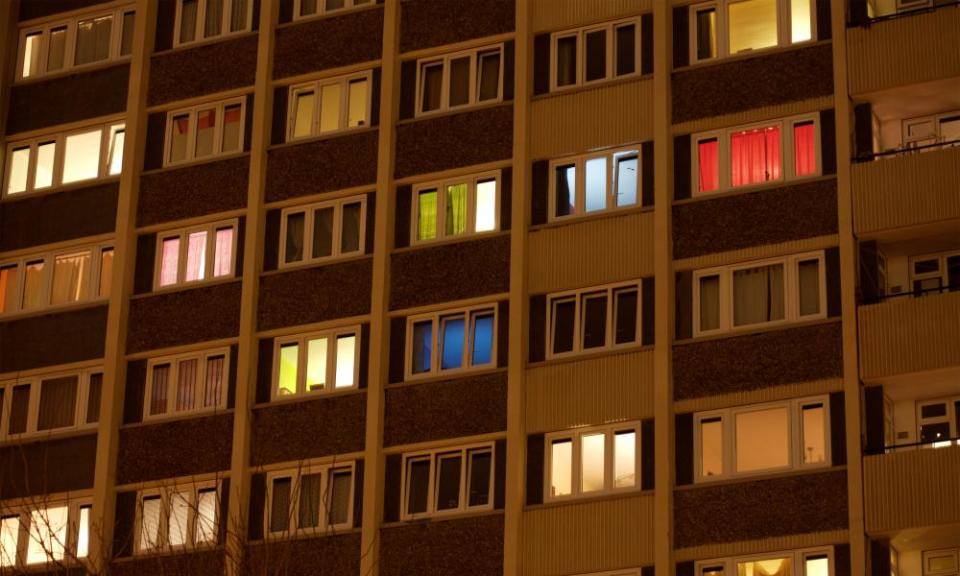Councils face call to prioritise gang victims for rehousing

MPs and peers will launch a drive to put people who are at risk from gang violence on the priority housing list, as data shows threats and intimidation left more than 25,000 people facing homelessness in England and Wales over the past four years.
Data revealed by freedom of information requests shows 26,500 people approached local authorities for support because the threat of violence from criminal gangs or involvement in serious organised crime risked leaving them homeless.
Those asking for help include people wanting to escape gang life or families of victims of county lines gangs, which can include young children.
Fewer than one in three of the applications led to a positive outcome, meaning about 20,000 people were put at risk of homelessness or remained vulnerable to violent crime.
The Labour MP Stella Creasy and the Conservative peer George Young will launch an attempt this week to force all local authorities to prioritise victims of serious and organised crime for rehousing in the same way that they do for victims of domestic abuse. The proposal is due to be debated in the House of Lords on Wednesday during the committee stage of the police, crime, sentencing and courts bill.
Creasy’s research revealed what she called a postcode lottery where just one in four local authorities had a specific policy to help people affected by gang violence.
“For many parents with children at risk of harm from gangs, the safest thing to do is to move, yet time and time again we see families stuck in danger or continuing to be part of gangs because they have been told there’s nowhere else for them to go,” Creasy said.
“If they were at risk of domestic violence, councils would be required to rehouse them, but because the threat is external the law isn’t on their side. Ministers tell us this shouldn’t be happening but the data is clear it is. Accepting this amendment in the House of Lords could potentially save thousands of people from harm by ensuring they had the right to move to safety if at risk.”
Creasy and Lord Young cite several case studies provided by New Horizon Youth Centre, including that of Amin, a young autistic man put at risk owing to a high-profile offence committed by family members. He applied for housing support to leave the borough where he lives but was turned down. He now feels he cannot leave the house of a family member and has dropped out of college.
The statistics were drawn from freedom of information requests sent to all 329 district councils, unitary authorities, London boroughs and Metropolitan boroughs in England and Wales. Responses were received from 205 authorities within 25 working days of the request, representing 62% of the total.
The Department for Levelling Up, Housing and Communities has been contacted for comment.

 Yahoo Finance
Yahoo Finance 